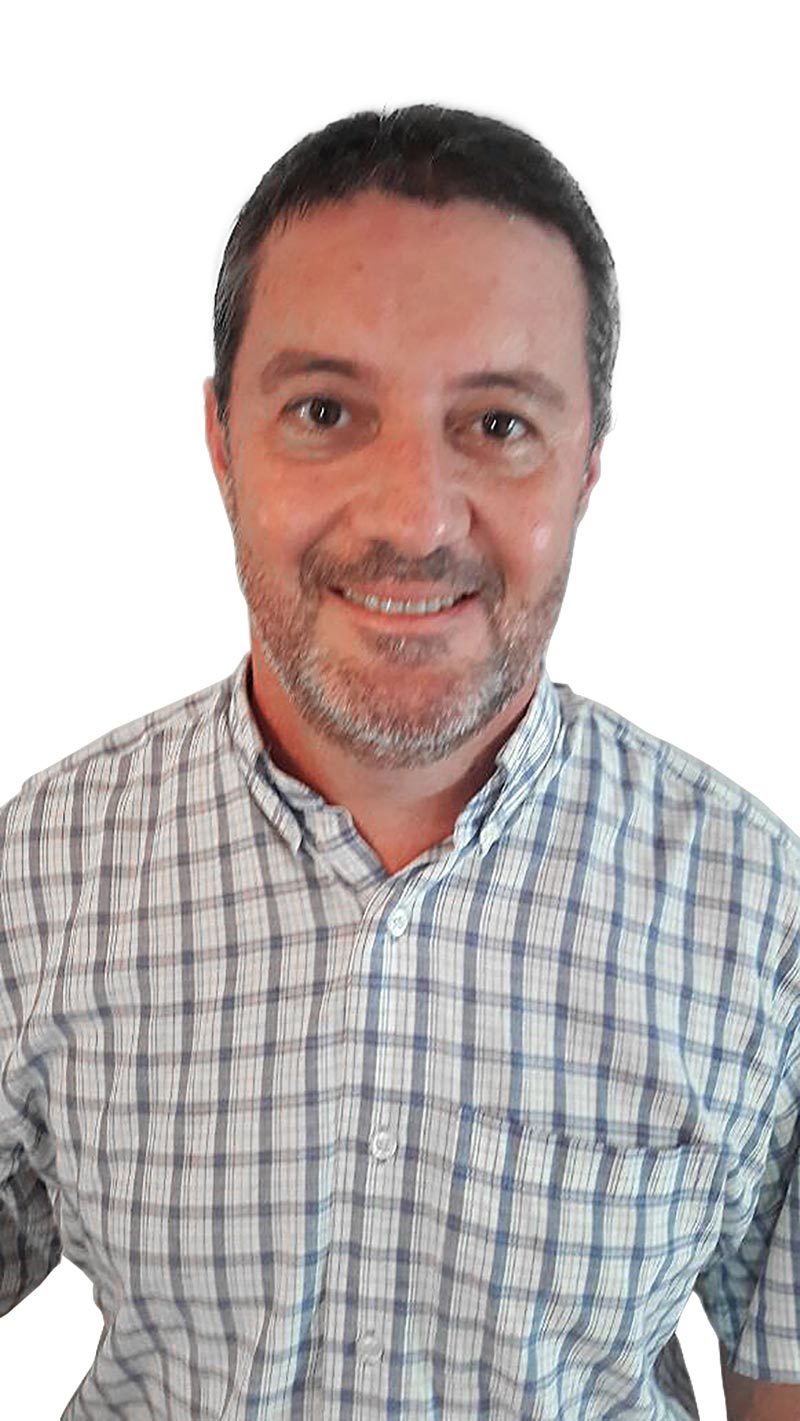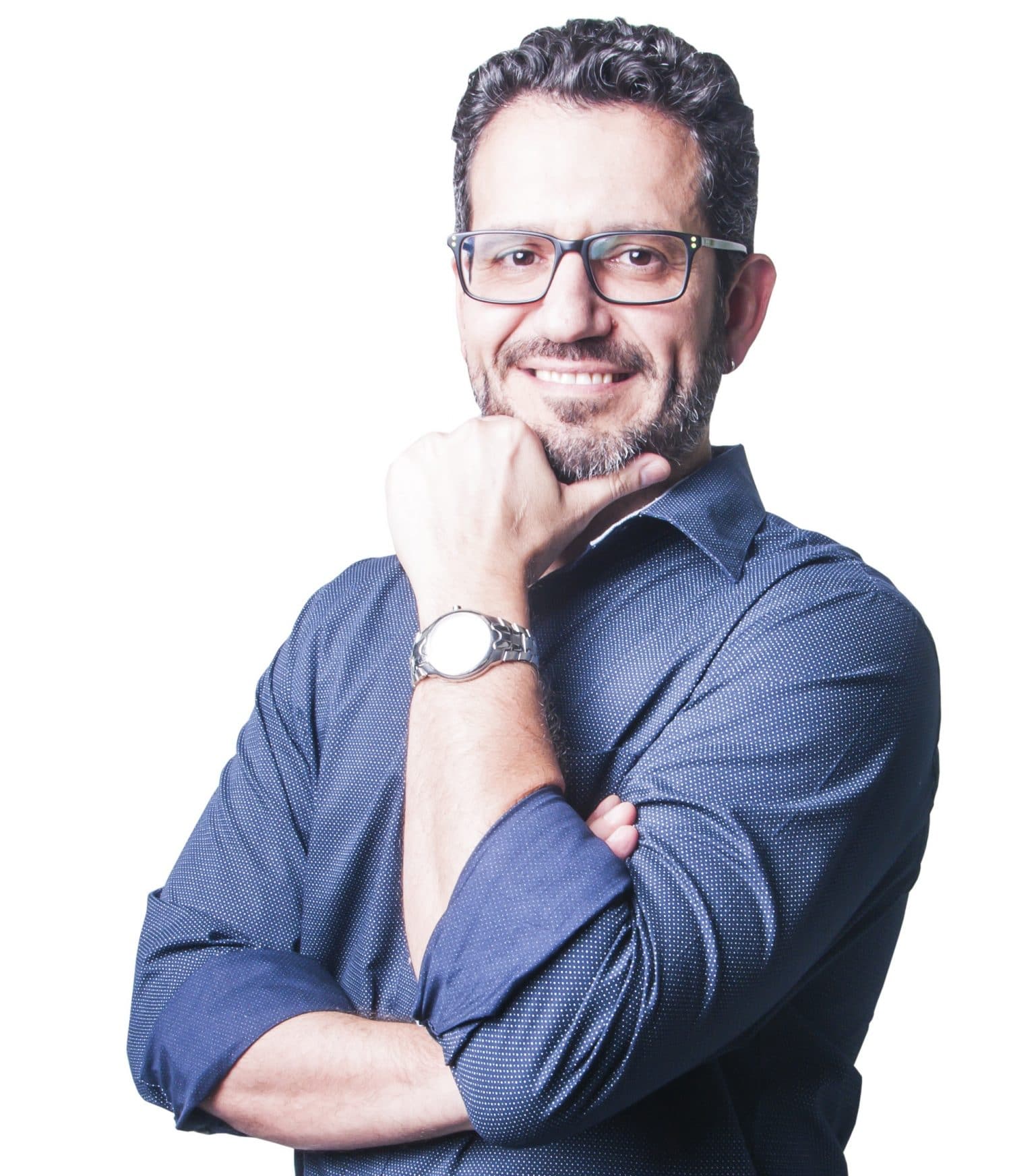Teacher Talent
Are Good Teachers Born or Made? (https://www.richmondshare.com.br/are-good-teachers-born-or-made/) is probably one of my favourite articles by Marcela Cintra here on the RichmondShare Blog. I sometimes revisit it when looking for some inspiration. When the going gets tough, teachers turn to other teachers for support. In this enlightening article she argues, among other things, that teaching is not for anyone who is simply passionate about the language or enjoys being in the classroom. It is for those willing to go the extra mile and work hard to sharpen their skills.
I couldn’t help thinking of this article when a dear student of mine gifted me with The Little Book of Talent, by Daniel Coyle. Now, if you haven’t heard of it before, you may think this is just another self-help book or perhaps a collection of run-of-the-mill ideas about increasing productivity and helping you get the most out of your day. I dare say it is much more than that. It is touted as “an easy-to-use handbook of scientifically proven methods to improve skills.” I must say the “scientifically proven” bit caught my eye, and I have been meaning to read it for quite some time.
As I began reading the nuggets of science-backed techniques, I was soon struck by tip #12: Five ways to pick a high-quality teacher or coach. I thought Coyle’s ideas could easily be applied to our realities in ELT. Shall we dive in?
1) Avoid someone who reminds you of a courteous waiter
This kind of teacher, according to Coyle, is the one who concentrates their energy on keeping the learner comfortable and happy while effortlessly covering a lot of material in a short time. The way I see it, this attitude seems to be in line with aspects of a more conservative model of education in which students are not given the chance to take an active role in the learning process. Moreover, this tendency to avoid discomfort in class, might result in less corrective feedback, which can only be harmful to students’ development. I have a feeling Demand High advocates would nod in agreement.
2) Seek someone who scares you a little
Coyle pins down the details for this second tip by encouraging readers to look for someone who watches you closely. Our students may relate this idea with a slightly intimidating needs analysis interview in which the teacher asks them about previous learning experiences, goals and interests, and they are left under the impression that they are applying for a job. They may also have a similar feeling in the first few classes when they join a group. We can spend a considerable amount of time observing how the newcomer interacts with their peers. We mean no harm, though.
Good teachers, coaches and mentors are also action-oriented. Instead of chatting through the first twenty minutes of class, they are quick to segue into an activity that will help learners interact in a more productive way, i.e. helping them develop their communication skills in the target language.
Honesty is another distinctive trait teachers should display. Providing students with information on their performance is crucial when it comes to strengthening their motivation and showing them what and how they can improve. In other words, they need this information in order to know what their next step will be.
3) Seek someone who gives short, clear instructions
Teachers who take the CELTA are well aware of the importance of giving short, clear instructions. Not only does it help keep the lesson running smoothly, but it can also increase learners’ confidence as they understand what they are supposed to do. Similarly, Coyle states that sermons and long-winded speeches are to be avoided. He stresses that “teaching is not an eloquence contest; it is about creating a connection and delivering useful information.” (p.34)
4) Seek someone who loves teaching fundamentals
This fourth section revolves around the practice of the most basic skills so as to make them more precise each time, be it the way you grip a tennis racket or how you strike a single note on the guitar. Personally, I associate it with teaching beginners. Nothing like taking on a group of absolute beginners to keep you on your toes.
While more advanced (B2-C1) students are veterans of the language classroom, beginners are a whole new ballgame. It may take them some time to get used to the lesson routines, and this teaches us not to make assumptions about what they know. It’s like a fresh start for the seasoned teacher.
5) Other things being equal, pick the older person
Here Daniel Coyle might spark off some controversy, I think. He argues that like any other talent, teaching takes time to grow. True. “Great teachers”, he goes on, “are first and foremost learners, who improve their skills with each passing year.” (p.35) Couldn’t agree more.
Once again, I couldn’t help thinking of another great article (https://www.richmondshare.com.br/the-kind-of-elt-professional-you-choose-to-be/) by Marcela Cintra where she quotes Penny Ur: “teachers who have been teaching for twenty years may be divided into two categories: those with twenty years’ experience and those with one year’s experience repeated twenty times.” This is a well-known quotation among English teachers for a reason: it never fails to inspire us to change things up and develop our skills further.
Coyle concedes that excellent teachers under thirty exist and that not every teacher with grey hair is the best master. Still, he maintains that “other things being equal, go with someone older.” (p.35) Do you agree?
This book has been providing me with a lot of food for thought. I expect it to be the kind of book I come back to when I want to be reminded of effective ways to improve my skills. What books or articles do you revisit when you need some inspiration? Let me know in the comment section below.
References:
Coyle, D. (2012). The Little Book of Talent. New York: Random House.






